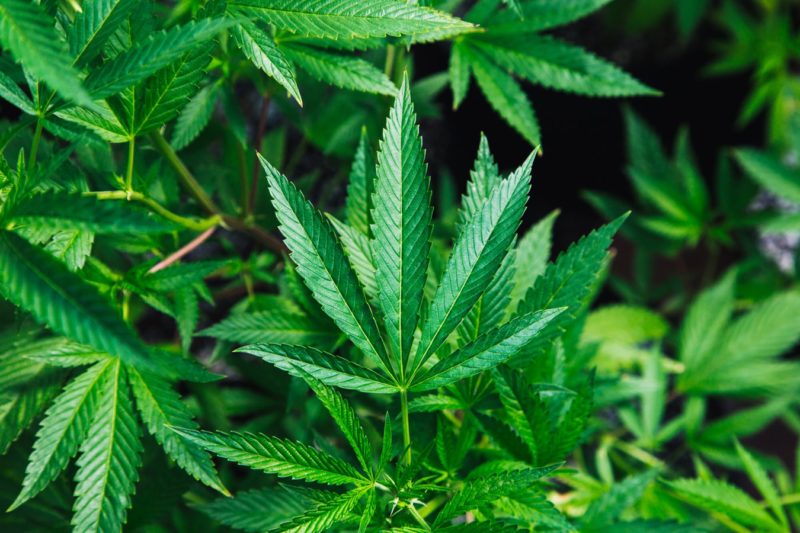
By Khanh “Kenny” Glatzel
Trademarks are essential assets of any business. Customers identify products by trademarks. Historically, trademark law has been a federal issue. Trademarks are registered with the United States Patent and Trademark Office (USPTO), and as a result, trademark litigation typically takes place in federal courts. That is, until cannabis commerce blooms.
A requirement for trademark registration is the goods and/or services that is or will be offered under the trademark must be legal. Under federal law, cannabis remains a Schedule I Substance, i.e. a drug with high potential for abuse and not currently accepted medical use. As a result, federal trademark protection is difficult, if not impossible, to obtain for these goods and services. Attorneys serving the cannabis community have had to come up with creative solutions to protect their clients in this fast emerging industry.
The first solution comes from state law. Some states allow the registration – without examination – of trademarks. Colorado, a prime spot for the cannabis industry, is such a state. Anyone with a trademark can submit an application, which will be published and displayed in public record. In case of a dispute, a state registration can be useful in showing use and ownership – trademark rights are “first in time, first in right.” The downside is obvious: this protection is only enforceable in the state where the trademark is registered. Some states do not have this mechanism and cross state litigation is not possible. The current work around is to register in any state where the client is in business, expects to do business, or in all states where this mechanism exists.
On the federal level, trademark registration for cannabis business comes in a shade that is rarely, if ever, an approach. Trademark protection spans across 45 classes. For example, APPLE is a protected trademark for electronics, but another company offering tutoring services under the mark APPLE does not infringe on Apple electronics because they are in different classes. Since cannabis-contained products and services are not trademarkable in any class, some attorneys apply for trademarks for other products relating to the cannabis client’s products in the hope of retaining these names in the Federal Register until the day cannabis commerce becomes legal on the federal level. For instance, a cannabis candy is not eligible for a trademark, but a tea product without cannabis bearing the same mark may be. The ultimate goal is to create a registration that may “reserve” the name, which may also span across classes (tea and candy are similar products). The challenge is the use requirement: the owner of this tea product has to keep this mark in use by sale of the product. This approach has yet to be tested in litigation, but surely will be in the not too distant future.
Pioneers of cannabis related products do have one success under their belt – cannabidiol or CBD. CBD is a non-psychoactive cousin of tetra-hydrocannabinol (THC), the active ingredient causing the “high” in cannabis. By arguing that cannabidiol offered on the market comes from part of the hemp plant separate from the Schedule I substance, registration for hemp CBD products has proliferated. As the industry grows, we can expect an similar argument for other alternative cannabis related products.
Cannabis commerce now presents unique challenges beyond criminal law, and will continue to increase in reach as time passes and laws change. Creativity is a necessity for any cannabis attorney to effectively protect his or her clients in an ever-changing legal landscape.
Khanh “Kenny” Glatzel is an attorney at law.
This article originally appeared in the May 2018 issue of For the Record.